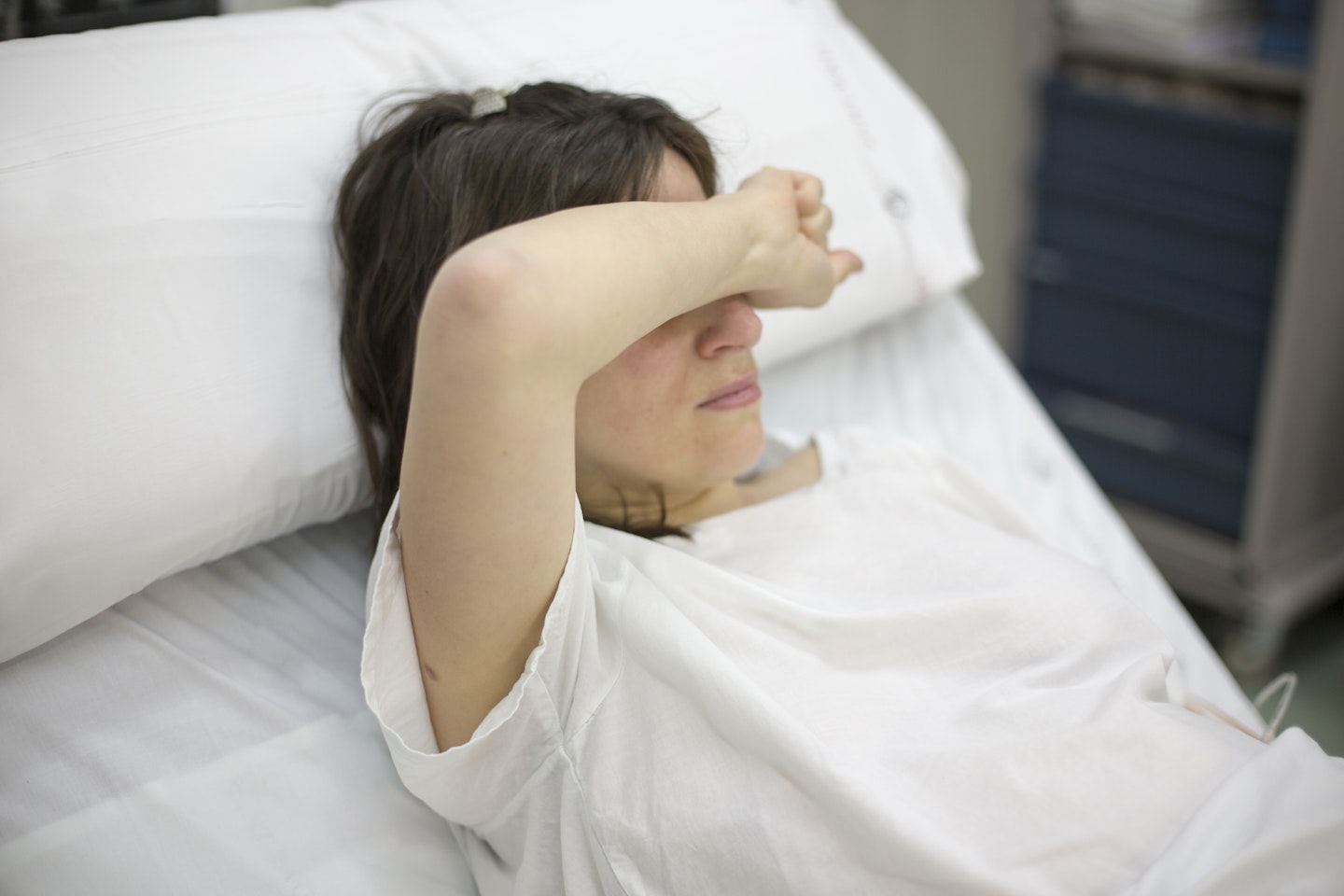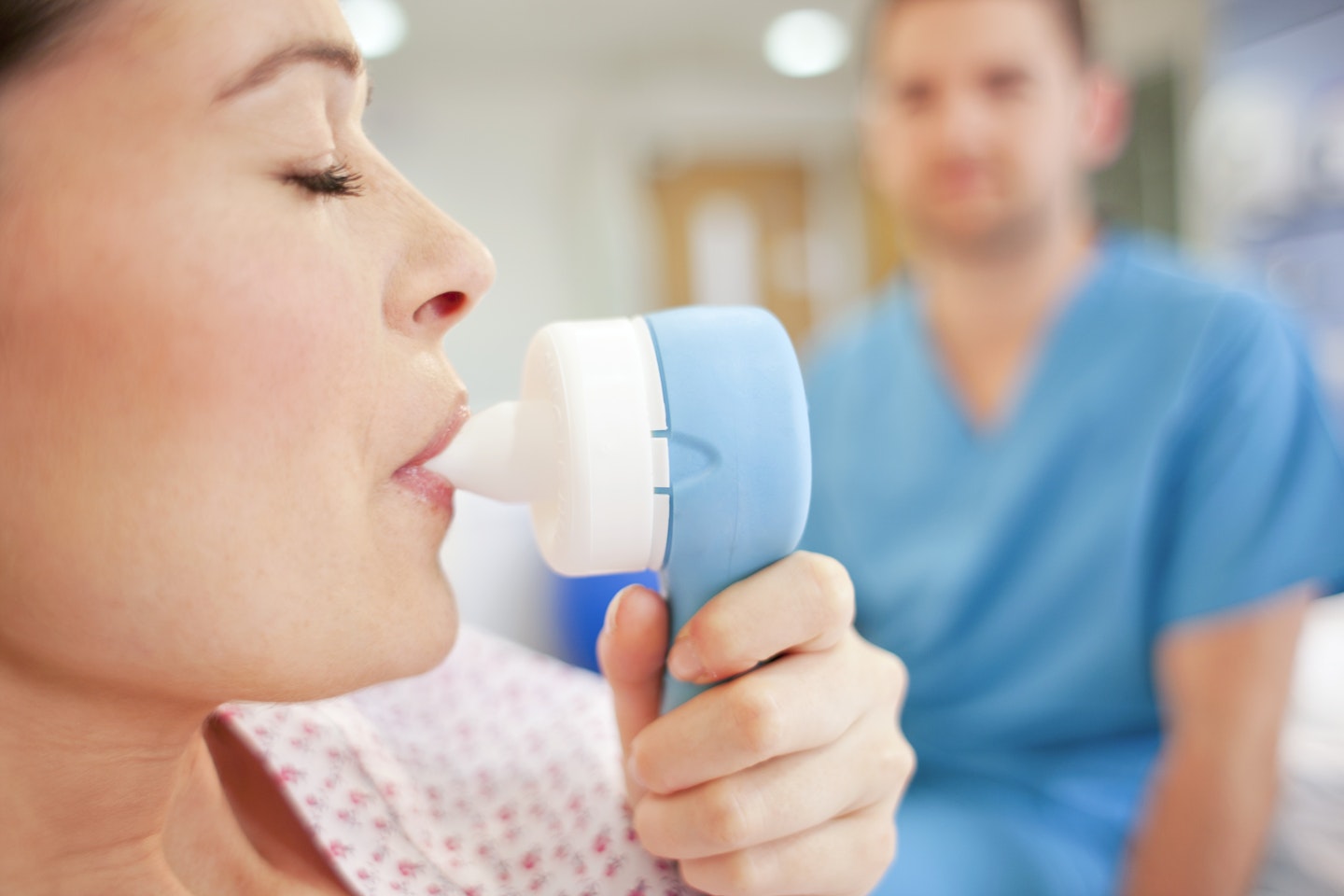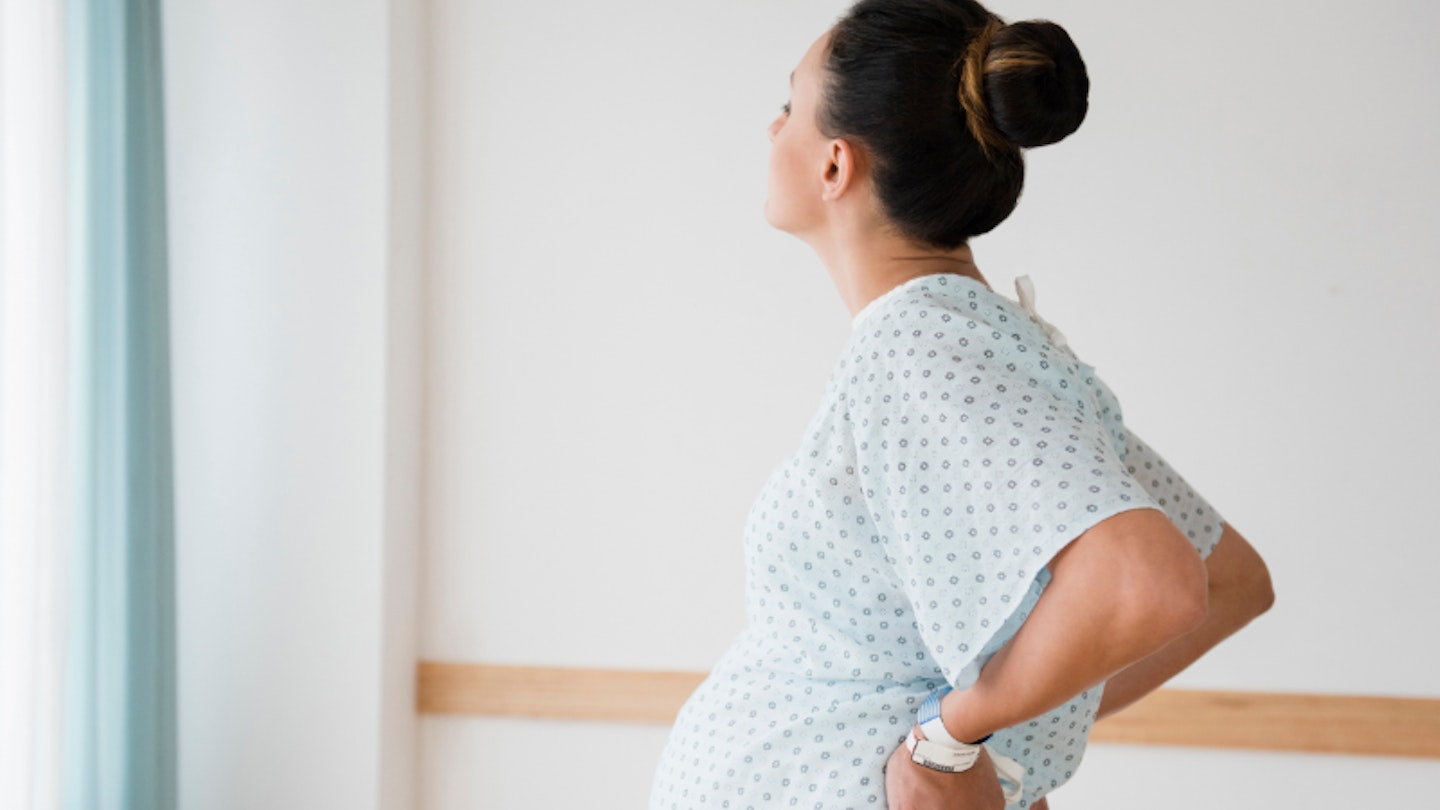70,000 women delivered babies without pain relief this year, according to a new report.
The study, published the NHS, could not establish whether women were not receiving pain relief because of their own wish or due to not being offered it.
"The use of analgesics or anaesthetics before or during delivery has dropped from 67% of all deliveries in 2008-09 to 61% in 2018-19," the NHS Digital report reads.
It also shows that the number of deliveries it at its lowest level in a decade, falling 7.5% since 2008-19.

With experts unable to explain why so many women aren’t using pain relief during labour, the British Pregnancy Advisory Service (BPAS) warns women there is no way to know if this is truly because mothers are choosing not to have pain relief or are being denied it.
"This data cannot tell us if this is because fewer women want to use pain relief, or because they could not access the pain relief they wanted," the organisation said in a statement.
"More work is needed to better understand the factors behind this shift."
Many women have responded to the news with their own stories of being denied pain medication during labour.

"I wanted max pain relief but was told to stay at home until very last minute, then arrived "too late" for anything other than gas and air," Martha Hampson tweeted.
"A friend of mine was flat out refused pain relief when a nervous junior midwife was following average timings ('it's too early') rather than checking the state of the patient in front of her," Veronica Humble added.
Charities are also concerned about the rising pressure on women to have a natural birth, as so often we see people celebrated for not using pain medication – forcing a martyr narrative that makes women feel less-than if they want pain relief.
"It is important that we avoid framing a decline in the use of pain relief as a cause for celebration," the BPAS statement continued.

"We know that sadly many women can feel they have "failed" if they needed pain relief when they had hoped to manage without, and discussions around modes of delivery must not add to this.
"There is no inherent moral value to giving birth with or without pain relief, at home or in a hospital," it concluded.
"What matters is that a woman's choices in pregnancy and childbirth are respected, and that she is able to access the care and support she needs."
For support and advice about pregnancy and labour, contact BPAS on 03457 30 40 30 or visit their website here.
This article was originally written by Georgia Aspinall forGrazia.
Were you denied pain relief during labour? Let us know on Facebook or Twitter!
Now read:
Gas and air: Is it the right labour pain relief option for you?
